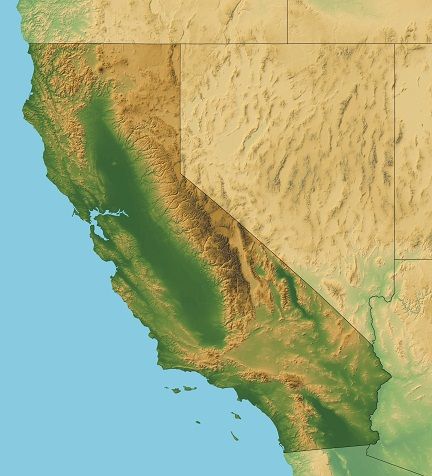California bill aims to expedite development of up to 3 SAF projects

June 16, 2025
BY Erin Voegele
The California Assembly on May 23 voted 71 to zero in favor of a bill that aims to expedite the development of up to three sustainable aviation fuel (SAF) projects by allowing the governor to streamline legal challenges resulting from certain environmental review procedures.
The bill, AB 839, was initially introduced in February. Following its passage in the Assembly, the bill was transferred to the California Senate, where it is currently under review by the Committee on Environmental Quality and the Committee on Judiciary.
Advertisement
If signed into law, the legislation would provide for expedited California Environmental Quality Act review for up to three SAF projects that do not use fossil fuels in the production process and meet specified environmental and labor requirements.
CEQA, signed into law in 1970, established statewide regulations for the environmental review of discretionary projects and a process for mitigating or avoiding potential environmental impacts. The review process aims to inform the public, local agencies and decision makers about the potential environmental impacts associated with certain planning approvals.
Advertisement
Separate bills signed into law in 2021 and 2023 allow the California Governors Office of Land Use and Climate Innovation to certify eligible infrastructure projects to benefit from expedited judicial review of lawsuits challenging the projects under CEQA. According to the office, the certification can reduce lawsuit-related delays from 3-5 years to approximately 270 days. Certified projects may also have improved access to financing and be more competitive for federal funding. AB 839 would allow up to three SAF projects to qualify for this expedited judicial review as “infrastructure projects.”
The bill defines SAF projects to include projects to manufacture, process, store, distribute or transport SAF or feedstock used for the production of SAF. If the project involves the conversion or replacement of an existing major source of air pollution, such as a refinery, the project must reduce emissions of air pollutants compared to the baseline environmental conditions in the vicinity of the project. Projects that do not involve the conversion or replacement of an existing major source of air pollution must not cause a significant effect on the environment attributable to any air pollutant.
A full copy of the bill is available on the California State Assembly website.
Related Stories
ATOBA Energy and Air Moana are partnering to implement scalable solutions for the supply of SAF. The collaboration aims to ensure long-term SAF availability while supporting local initiatives to develop sustainable fuel production in Tahiti.
While final IRS guidance is still pending, the foundation of the 45Z program is well defined. Clean fuel producers should no longer be waiting; they can now move forward with critical planning and preparation, according to EcoEngineers.
Neste Corp. on July 24 released second quarter results, reporting record quarterly renewable product sales volumes despite weaker margins. SAF sales were up nearly 80% when compared to the first quarter of 2025.
Valero Energy Corp. on July 24 released second quarter results, reporting a profitable three-month period for its ethanol segment. The renewable diesel segment posted a loss, but the company’s new sustainable aviation fuel (SAF) unit operated well.
The IRS on July 21 published a notice announcing the 2025 calendar-year inflation adjustment factor for the Section 45Z clen fuel production credit. The resulting adjustment boosts maximum the value of the credit by approximately 6%.
Upcoming Events










